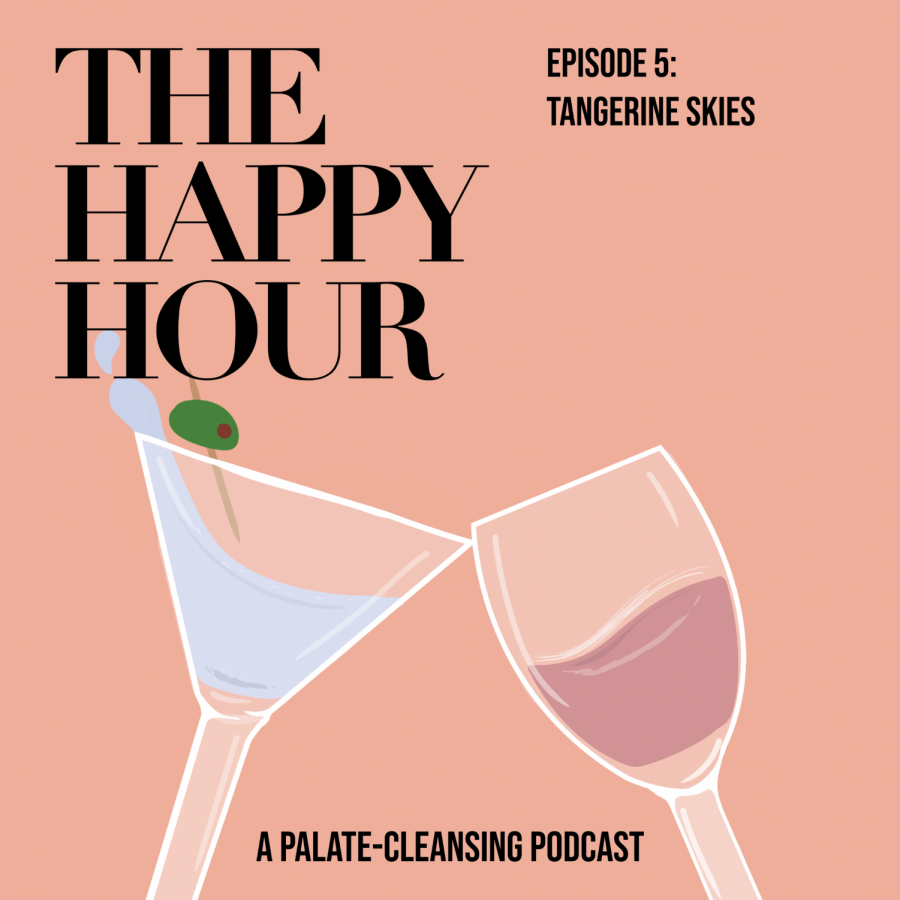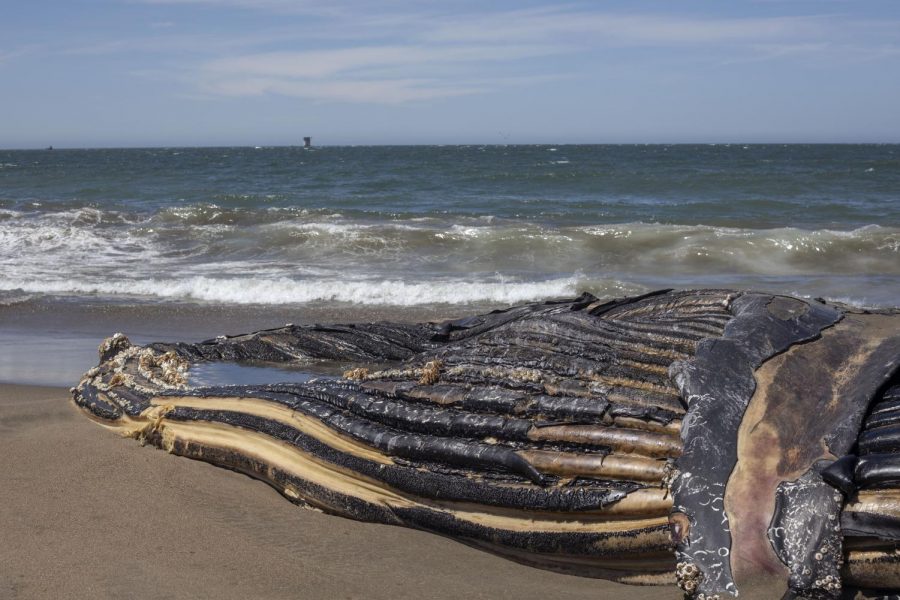
San Francisco instituted its newest regulations to reduce single-use plastics in the city.
The Plastic, Litter and Toxics Reduction Law prohibits food and beverage vendors, event producers and retailers from distributing any single-use plastic ware or accessories.
After nearly three years of work the Surfrider Foundation, a team of science, environmental and legal experts who work to protect the ocean’s marine life, raised enough awareness to further their movement in banning non-compostable items. The San Francisco chapter of the foundation has taken initiative by adopting laws that ban the sale and distribution of single-use plastic.
In addition to enforcing a reduction law, by Jan. 1 all straws and foodware sold or distributed in San Francisco have to be a certified product under the Biodegradable Products Institute.
Restaurants and shops on SF State’s campus have started to make the transition, joining the Vendor Sustainability Project. Places like the Gold Coast Grill have installed a self-service bar for utensils and napkins with signs directing customers to ask workers for straws. Other shops like Natural Selections are posting the new regulations on their storefront informing customers of changes to come.
With new rules in place for food establishments to uphold, some smaller businesses in San Francisco are finding it more challenging to make the switch.
Maria Rocha, a supervisor at Noe Valley Bakery, said there is also a learning curve for customers.
“It’s a lot more difficult when the customers who are regulars come in,” Rocha said. “They’ll completely ignore the signs we’ve put up and ask why we didn’t give them a lid. And we now have to work out where to put compost bins in the front so that customers and throw things away properly.”
Changing products from plastic to a compostable material also means providing people with easily accessible bins to dispose of the items. Even though these materials are able to biodegrade, without being picked up and transferred to proper facilities, many of these items stay intact.
“We have a small bin for compost, but it’s kind of in the back of the store — I don’t know if people notice it or not,” Dani Lavelle, an employee at Subs Inc., said. “I also don’t know how much of our stuff is actually compostable or biodegradable…but most customers seem to just throw everything away into the trash regardless.”
















Alfred Sempten • Mar 4, 2021 at 1:10 am
Guys from the https://rooftoptentguide.com/ website, you saved a lot of my time! Thank you! I’ve surfed dozens of sites before, but this one contains the most valuable information about roof tents in Australia.
Francis Thomas • Sep 12, 2019 at 9:30 pm
Hi there I am truly grateful I came across your webpage, I really found you by mistake, when I was browsing on Google for audio conference. Anyhow I am here now and would just like to say many thanks for a tremendous article and the overall interesting blog (I furthermore like the theme), I don’t have enough time to browse it entirely at the moment though I have saved it and also included your RSS feed, so once I have plenty of time I’ll be returning to look over more. Make sure you do keep up the amazing work.
https://usawriters.org